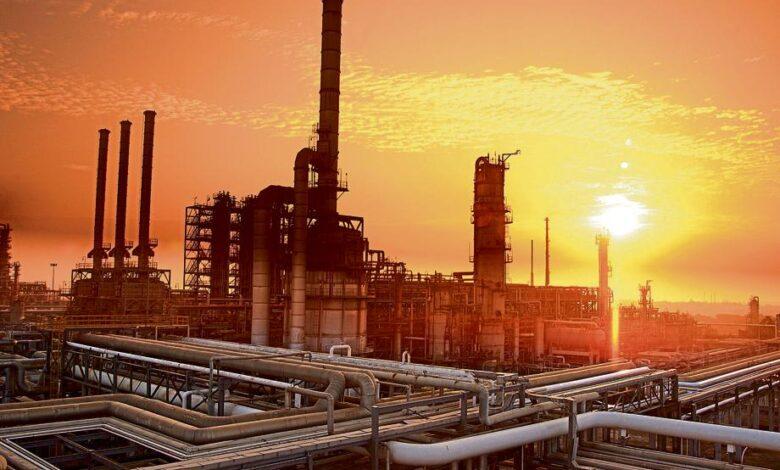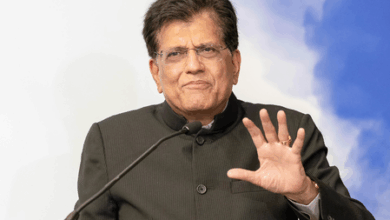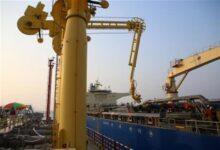
Oil prices rose to their highest level since January this year on Monday after the US strikes on nuclear facilities in Iran, with the country threatening to shut Strait of Hormuz, through which around 20 per cent of global crude supply flows.
Brent crude futures was up $1.92 or 2.49 per cent at $78.93 a barrel early on Monday. US West Texas Intermediate crude increased $1.89 or 2.56 per cent to $75.73.
Brent crude prices surged as much as 5 per cent. However, prices could not sustain at those levels and pared the early advance almost immediately.
Crude oil prices extended gains for a third straight week amid rising geopolitical tensions and a sharper-than-expected drawdown in US inventories.
The ongoing hostilities between Israel and Iran have heightened supply concerns across the Middle East, a region critical to global oil exports.
According to the US Energy Information Administration (EIA), crude stockpiles dropped by 11.5 million barrels last week — significantly higher than the anticipated 2.3 million-barrel decline.
“Crude oil is seen having support at $74.20-73.40 and resistance at $75.65-76.20 in today’s session. In Rs terms, crude oil has support at Rs 6,400-6,320 while resistance is at Rs 6,580-6,690,” said Rahul Kalantri, VP Commodities, Mehta Equities Ltd.
Even though the possibility of the closure of Hormuz Strait is a threat, it is important to understand that this has always been only a threat and the Strait had never been closed.
“The fact is that the closure of Hormuz Strait will harm Iran and Iran’s friend China more than anyone else,” said VK Vijayakumar, Chief Investment Strategist, Geojit Investments Limited.
Meanwhile, Minister of Petroleum and Natural Gas, Hardeep Singh Puri, has allayed fears over any disruption in oil supplies to Indian consumers due to the Israel-Iran war and further escalation in geopolitical tensions in the Middle East because of US bombing of Iran’s nuclear sites.
“We have been closely monitoring the evolving geopolitical situation in the Middle East since the past two weeks. Under the leadership of Prime Minister Narendra Modi, we have diversified our supplies in the past few years and a large volume of our supplies do not come through the Strait of Hormuz now,” the minister said.
He pointed out that the country’s oil marketing companies (Indian Oil, Bharat Petroleum and Hindustan Petroleum) have supplies for several weeks and continue to receive energy supplies from several routes.
“We will take all necessary steps to ensure stability of supplies of fuel to our citizens,” the minister assured.
India imports around 85 per cent of its crude oil requirement and a surge in oil prices leads to an increase in its oil import bill and pushes up the rate of inflation which hurts economic growth.
However, India has diversified its oil sources by increasing imports from Russia as well as the US and building resilience through strategic reserves.











